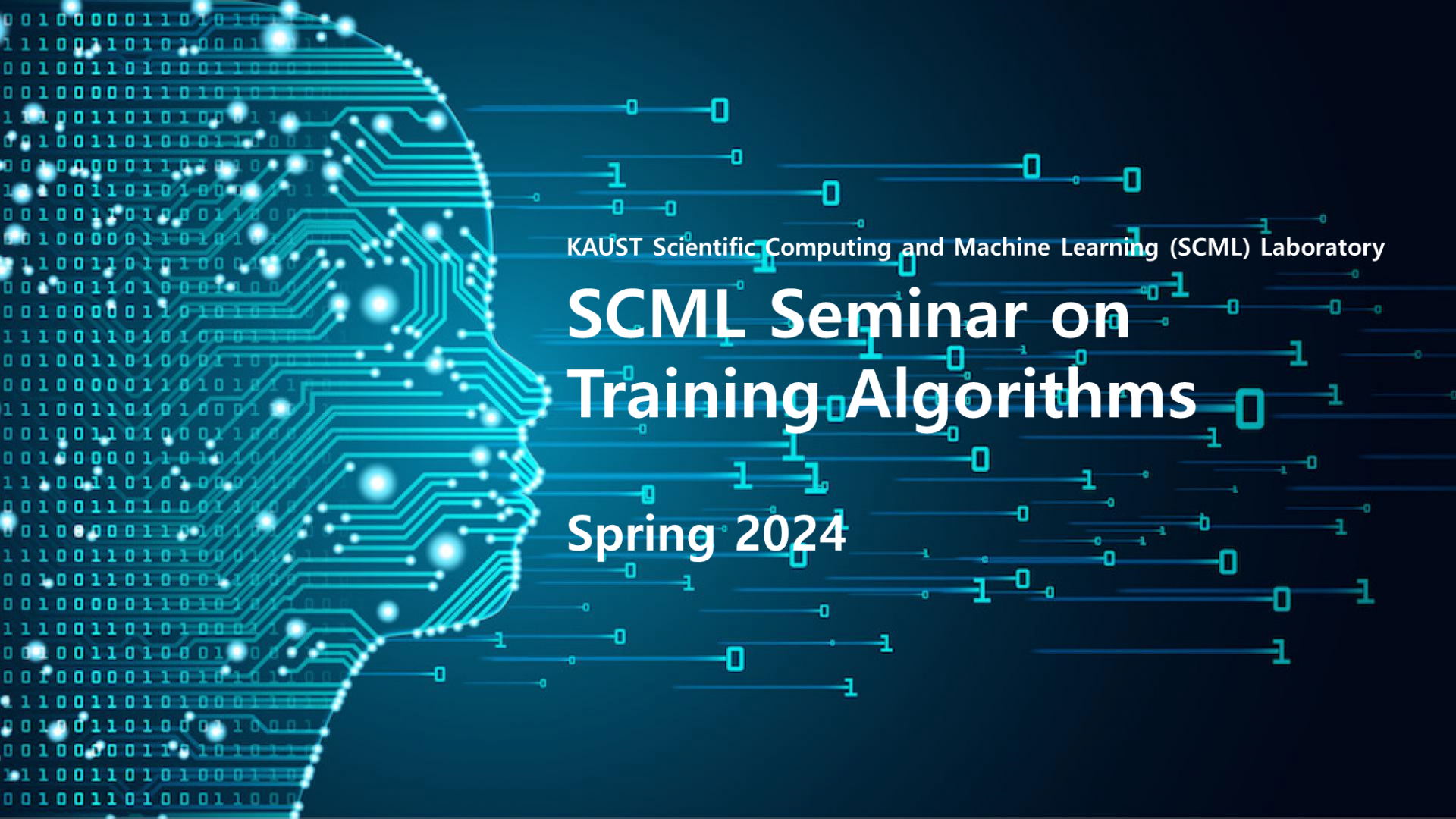Abstract
Digital geometry processing technology is widely used in computer-aided design, computer-aided manufacturing and physical simulation. These application fields require the corresponding algorithms to meet robustness and efficiency while complying with the geometric constraints of design, simulation and manufacturing and providing strong constraint algorithm guarantees. The demand for geometry processing in application scenarios such as architectural design, processing simulation, and manufacturing planning is becoming increasingly specialized and diversified, which puts higher demands on the development of corresponding design theories, algorithm design ideas and numerical solution technologies. This report introduces our latest work in free-form surface design, continuous collision detection and digital model error detection. In terms of surface design, we propose a new method for pseudo-geodesic design based on level sets and geometric optimization, and propose a developable discretization structure and optimization method from the rectifying strip. We explore the existence conditions of interpolation surfaces for B-spline surfaces interpolating scattered distributed data points and propose an efficient node vector update algorithm. In terms of continuous collision detection and model accuracy detection, we focus on the difficulties of the corresponding mathematical theories in the programming process. The proposed methods have guaranteed accuracy in theory and numerical solution, and have been widely used and verified in different scenarios.
Brief Biography
Bolun Wang has been a postdoctoral fellow at KAUST in Saudi Arabia since 2022, and his postdoctoral supervisor is Prof. Helmut Pottmann. He graduated from Beihang University with a bachelor's degree in 2016, and went to New York University for joint training from 2019 to 2020, with Prof. Daniele Panozzo as his supervisor. He obtained a doctorate degree from Beihang University in 2022, with Prof. Zhiming Chen as his supervisor. His main research directions are computer-aided design, discrete differential geometry, and robust geometric processing. Many papers have been published in journals such as ACM TOG, CAD, CGF, and IJAMT, and the algorithms he developed have been included in open source projects such as CGAL and IPC.
